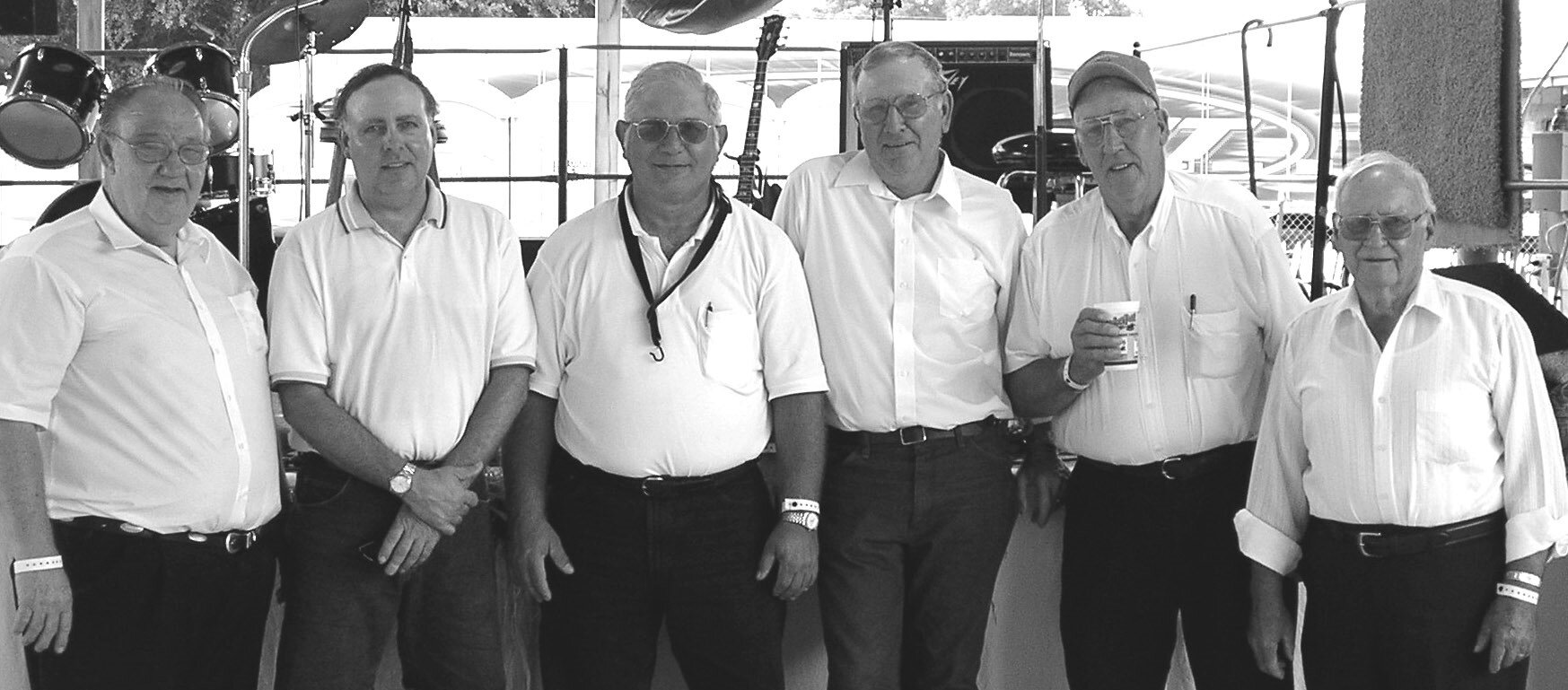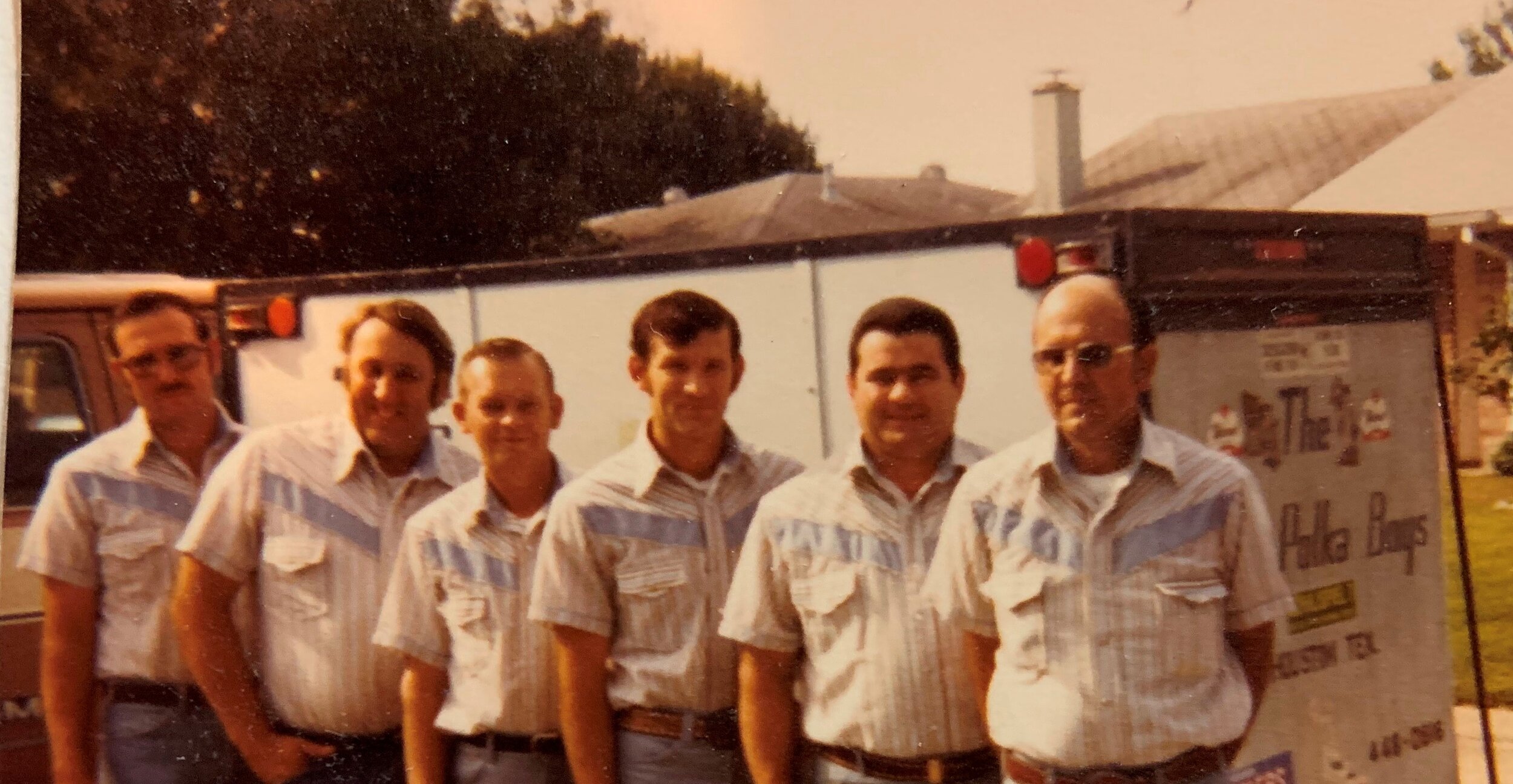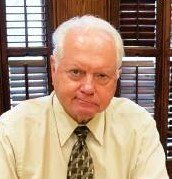TCHCC to Honor Czech Bands & County Judge
The Texas Czech Heritage & Cultural Center in La Grange will honor the City Polka Boys, Tony Janak Orchestra, and Judge Ed Janecka at its annual Gala on Sat., Dec. 7. The event will be held from 6-9:30 pm in Pavilion Hall. Tickets are $125 a person and includes appetizers, dinner and dessert buffets, open bar, and music and dancing by The Czechaholics.
2019 Honorees
TONY JANAK ORCHESTRA
Tony Janak, who led the Tony Janak Orchestra for over 50 years, was a main stay in the southern Central Texas polka music arena. He not only played music for six decades, but managed the Sweet Home Community Center, which thanks to him and his wife, Alice, is still providing a weekly great dance experience with new owners. Tony got his start playing drums in his early teens with the Janak Family Band. In high school and beyond, Tony was a part of the Sweet Home Playboys, whose gigs were playing for tips at the seven beer joints around Sweet Home. In 1958 Tony began playing with the George
Machart Band of Hallettsville which traveled around Victoria, Fayette, and Lavaca counties.
In 1963, Tony formed his own band, the Tony Janak Orchestra. Original band members were Tony, Joe Jansky, Rudy Petru, Harlan Hasse, and Bobby Dornak. Tony celebrated his 50th anniversary with the band and retirement on New Year’s Eve 2008 at Sweet Home Hall. Tony made five records over the
years, including his last CD 40 Year Anniversary 2003. Those attending dances at Sweet Home Community Center over the years have seen Tony and Alice selling tickets and welcoming everyone. Tony’s son, Mark, continued the family tradition of booking the bands for this “Music City” and recently sold the hall to four local young men, keeping the tradition local and alive.
CITY POLKA BOYS
The City Polka Boys (CPB) was a leading go-to band during the 1970s and '80s in Central Texas. Based in Houston, the original members were Benny Okruhlik, E.J. Macik, Hubert Janak, James Ohnheiser, Harry Macik, Dennis Fajkus, and Wesley Matus. The band was formed as three of them happened to live together and played polka music on their stereo. The three of them regularly attended the legendary Bill Mraz Ballroom on 34th street, which was one of the two centers of polka music, the other being Lodge 88. The three got to know others having a love for polka music and the ability to play
multiple instruments. The guys started jamming which turned into practice sessions in someone's garage.
Believing, rightly so, they could be a band, they began to slowly start performing at family events. The name was a takeoff from Jimmy Brosch’s Happy Country Boys. All seven musicians were from the country, but now living in the big city thus the City Polka Boys.
After auditioning for Mr. Bill Mraz, he hired them for two dances, which turned into bookings for the next several years. As the demand for their music increased dramatically, The City Polka Boys began recording their sound. The public loved them and they recorded some memorable songs over the years. Not content with playing the standards, they began writing new music, one of which is Hubert Janak’s Joe Patek Is Still The King and another, The Gifted Ring, which was recently covered by The Moravians.
The original band stayed together for 16 years, but slowly, as with all bands, members retired and were replaced with musicians eager to perform with the band. The CPB kept on bringing polka music to their fans for 14 more years before calling it quits. Their style and their music are widely heard today in the music of Texas Sound Check. When the CPB finally retired, original members Bennie Okruhlik and E.J. Macik formed Texas Sound Check, which still brings the joy of the City Polka Boys to the dance floors.
ED JANECKA
Edward Janecka was born in Dubina, the founding Czech community of Texas, and attended Bishop Forest High School in Schulenburg and later Sam Houston University. Ed served his country in Vietnam during the conflict and afterward began working in Houston and starting a family with his wife, Margie Wick, from Weimar. In the late 1970s he and his family, returned to his roots in Dubina to raise his family. Ed’s focus on keeping his Czech ancestors' traditions alive was at first centered around the St. Cyril and Methodius Catholic Church in Dubina, from where he literally grew up, still worships at, and resides nearby.
Ed Janecka has always been one of those people, who step up to the plate when leadership is needed. He led the restoration of the Dubina Catholic Church, which triggered the movement among other churches that has resulted in the Painted Churches of Fayette County. Ed successfully ran for Fayette County Judge in 1990 and served the people of Fayette County until retirement in 2018. During his tenure as “Judge Ed,” he was instrumental in modernizing the county’s infrastructure and attracting economic development, while maintaining its quality of life. He successfully worked hard in bringing a Blinn College Extension campus to Schulenburg. Like his church, he initiated the process of renovating and restoring the historic Fayette County courthouse and the Veterans’ memorial on the courthouse grounds. His efforts to help the county resulted in a Veterans Clinic in La Grange and the construction of a new Agriculture Building. When the 9-1-1 technology became available, he oversaw the implementation of it.
Ed, always proud of and touting the many contributions of the Czech culture to Texas, played an important role in locating the Texas Czech Heritage and Cultural Center in La Grange with its mission to preserve their rich heritage and culture. In 1995, the Texans of Czech Ancestry (TOCA) met to address the need for preserving Czech heritage. Judge Ed and Carolyn Heinsohn spoke of how Fayette County was the fitting location as it is the home of the first Czech settlers in Texas in 1856. The TOCA selected from other locations to build the center in La Grange that would have a library, a museum, a meeting center, and land for restored buildings. Following the selection, he was an active supporter of the Texas Czech Heritage and Cultural Center in La Grange which has grown into the present (and still growing) shining tribute to the 13 immigrant families that suffered through the winter of 1856.



